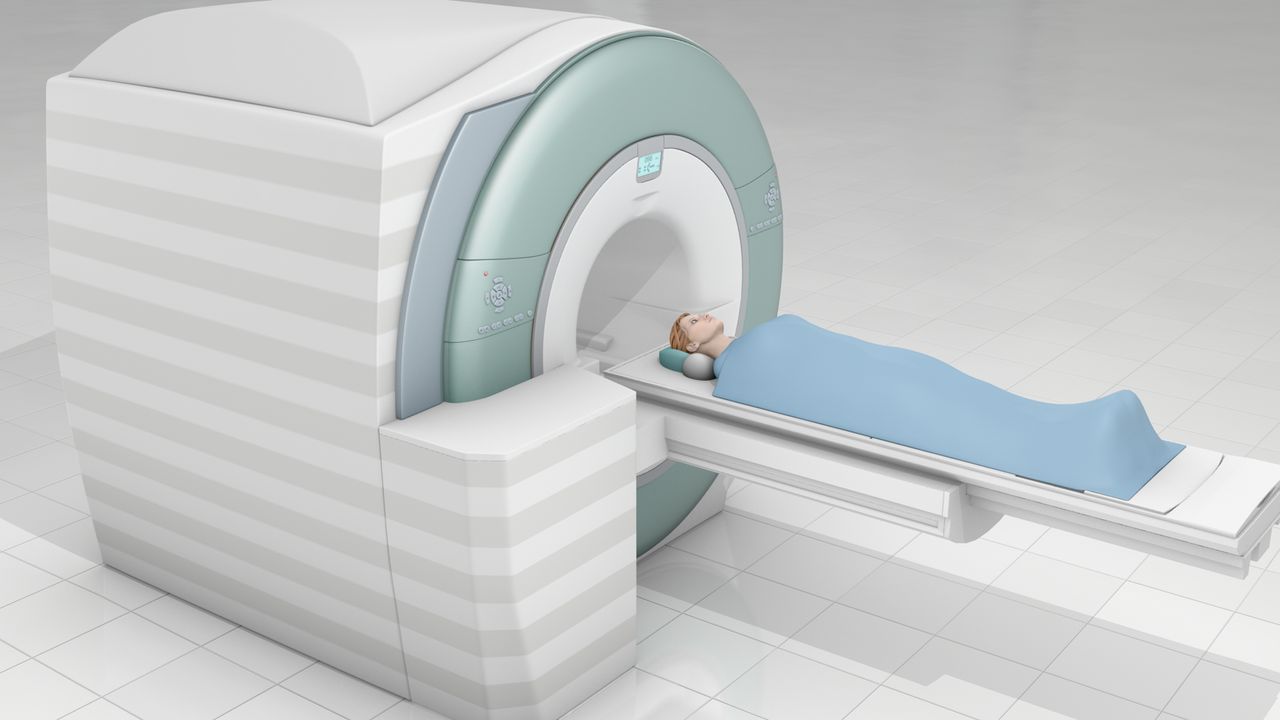Exploring the Effects of MRI Contrast: Can It Make You Tired?

Strong 8k brings an ultra-HD IPTV experience to your living room and your pocket.
Magnetic Resonance Imaging (MRI) is a powerful diagnostic tool used to visualize internal structures of the body with remarkable detail. In certain cases, a contrast agent may be administered during an MRI scan to enhance the visibility of specific tissues or abnormalities. While MRI contrast agents are generally safe, patients sometimes report experiencing fatigue following the procedure. In this blog post, we delve into the question: Does MRI contrast make you tired?
Understanding MRI Contrast Agents
MRI contrast agents, also known as contrast media, are substances injected into the bloodstream to improve the visibility of certain structures during an MRI scan. These agents contain paramagnetic or superparamagnetic properties, which alter the magnetic resonance properties of tissues and enhance the contrast between different tissues or between normal and abnormal structures.
Contrast agents are commonly used to highlight areas of inflammation, tumors, blood vessels, and abnormalities in organs such as the brain, liver, and kidneys. They play a crucial role in helping radiologists make accurate diagnoses and treatment recommendations.
Potential Side Effects of MRI Contrast Agents
While MRI contrast agents are generally considered safe, they can cause side effects in some individuals. Does contrast make you tired? Common side effects include:
Allergic Reactions: Some patients may experience allergic reactions to the contrast agent, ranging from mild itching and hives to more severe symptoms such as difficulty breathing and anaphylaxis. Allergic reactions are relatively rare but can occur, particularly in patients with a history of allergies or asthma.
Nephrogenic Systemic Fibrosis (NSF): In patients with impaired kidney function, the use of certain types of MRI contrast agents has been associated with the development of a rare condition called nephrogenic systemic fibrosis. NSF is characterized by thickening and hardening of the skin and connective tissues, which can lead to significant disability and complications.
Transient Side Effects: Following the administration of MRI contrast agents, some patients may experience transient side effects such as nausea, headache, dizziness, and a metallic taste in the mouth. These side effects usually resolve quickly and do not require medical intervention.
Fatigue and MRI Contrast: Is There a Connection?
Among the reported side effects of MRI contrast agents, fatigue is occasionally mentioned by patients. While research on the relationship between MRI contrast and fatigue is limited, there are several factors that may contribute to feelings of tiredness following an MRI scan:
Stress and Anxiety: MRI scans can be stressful and anxiety-inducing for some patients, particularly those who experience claustrophobia or discomfort lying still for an extended period. The anticipation of the procedure and the unfamiliar environment of the MRI suite may contribute to feelings of fatigue.
Physiological Response: The administration of contrast agents, coupled with the physical and emotional stress of undergoing an MRI scan, can activate the body's stress response system. This may lead to temporary changes in heart rate, blood pressure, and hormone levels, which can contribute to feelings of fatigue and exhaustion.
Post-Scan Recovery: MRI scans can be physically demanding, requiring patients to remain still for an extended period inside the narrow confines of the MRI machine. After the scan, patients may feel physically drained and in need of rest and recuperation.
Conclusion
While MRI contrast agents are invaluable tools in diagnostic imaging, it's important to be aware of potential side effects, including fatigue. While fatigue following an MRI scan is generally transient and resolves on its own, patients should communicate any concerns or symptoms to their healthcare providers.
If you experience persistent or severe fatigue following an MRI scan, it's important to consult with your healthcare provider to rule out any underlying medical issues or complications. Your healthcare team can provide guidance and support to help you manage any side effects and ensure your comfort and well-being throughout the imaging process.
In conclusion, while MRI contrast agents can sometimes contribute to feelings of tiredness, the benefits of obtaining accurate diagnostic information often outweigh the potential risks. By understanding the factors that may contribute to fatigue following an MRI scan and taking proactive steps to address them, patients can undergo imaging procedures with confidence and peace of mind.
Note: IndiBlogHub features both user-submitted and editorial content. We do not verify third-party contributions. Read our Disclaimer and Privacy Policyfor details.


